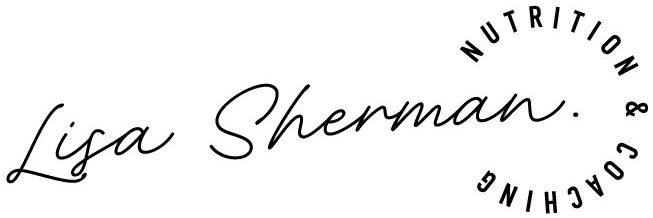
Race day nutrition – aid station considerations
You have picked your goal race, you’ve entered and your training plan is ready to go. You know what runs you need to do each week to help prepare you for your event.
Depending on the event distance, you also need to be thinking about your nutrition to help fuel your running. The amount of energy you will need does depend on the length of your session or event, and of course, your individual needs as everyone is different. Ultimately, the best nutrition to support your running will be the one that works for you – not someone else.
As a general guide, if your session or event is less than 75mins, no fuel is needed. Once you get over 75mins and up to about 3 hours, recommendation is between 30-60g carbohydrate per hour and this range increases to 30-90g carbohydrate per hour for sessions over 3 hours.
As part of your training, you want to be trying different foods and fuel sources so that you can determine what works best for you and will form your race day nutrition strategy. It’s also incredibly beneficial to think about what might be available on race day at the aid stations. Most events have a nutrition partner who will provide some options at the aid station such as gels or an electrolyte drink.
Knowing what will be available on course can help you decide if you want to make use of what’s provided or whether you want to be self-sufficient or a mix of both. Some things to consider include:
- What do the aid stations provide and is it the same at every aid station? Sometimes the aid stations will alternate between water only or water and electrolyte for example.
- Is the product or products to be provided at the aid stations something you have used before? If not, you need to start using it on your training runs and see if it agrees with you.
- Will the aid stations be well stocked throughout the event? Depending on what time you pass an aid station, they may not have an item still available and if you are relying on this, that can pose an issue as you will miss taking on fuel or hydration.
- Where there is an electrolyte or energy based drink available, it’s not always possible to know what the concentration is or if it has been prepared according to the instructions. These are often made in big containers and may be more diluted than you are used to or too concentrated and may cause stomach upset.
The main thing to remember is find out what’s available on course as this will determine how you will use the aid stations in your race day nutrition strategy. Plus, gives you plenty of time to try during your training runs as the golden rule is nothing new on race day!
